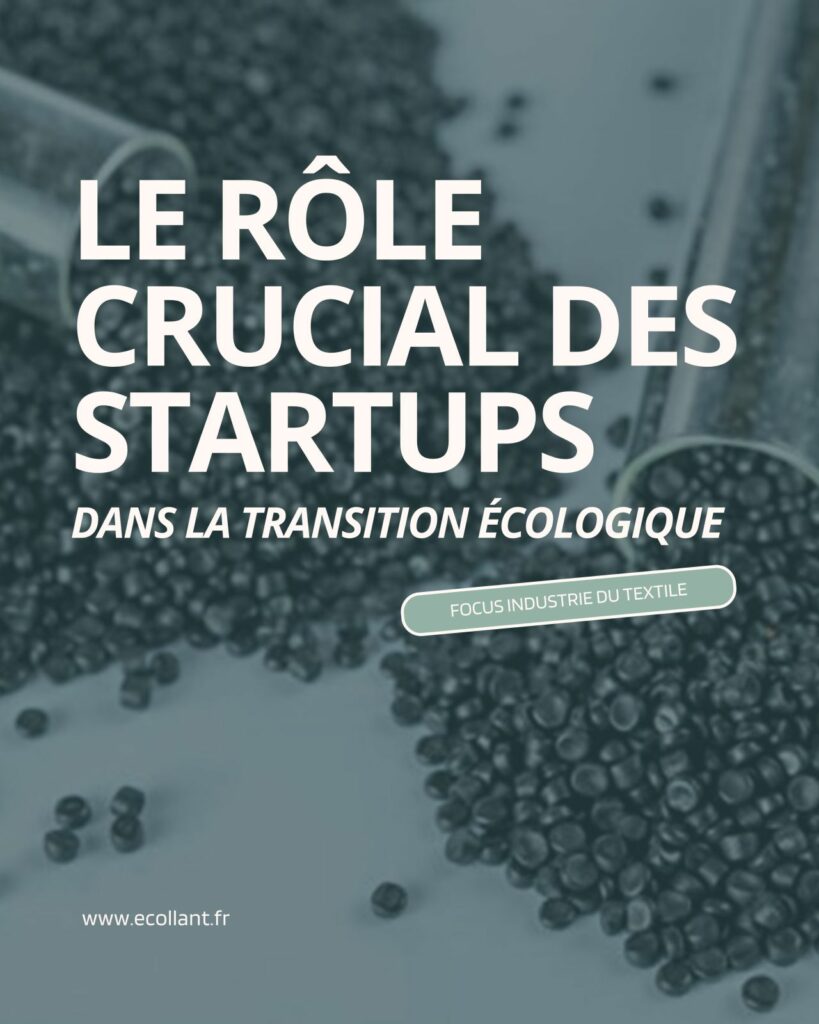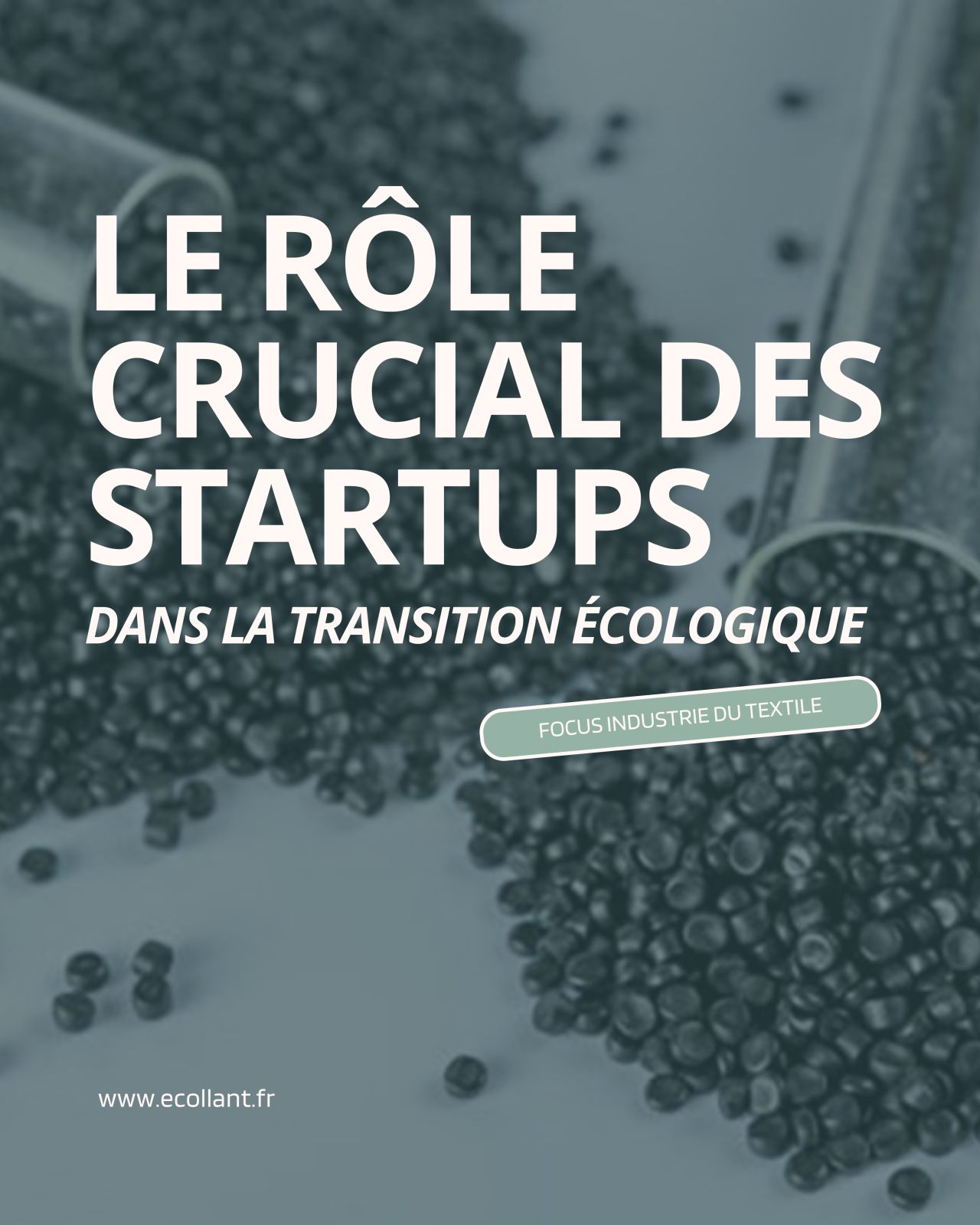Fashion, often seen as a field of creativity and self-expression, is also one of the most polluting industries. Responsible for 20% of global wastewater and 10% of carbon emissions, the sector faces an urgent need for transformation. Startups are at the heart of this shift, bringing essential innovation, agility, and environmental commitment to an industry that can be rigid and slow to evolve.
Unlike large corporations, often constrained by heavy structures and complex processes, startups have the flexibility to explore groundbreaking solutions. They pioneer new materials—sometimes bio-based—, technologies for full traceability, and truly circular models.
At ÉCOLLANT, we’ve chosen to tackle a specific challenge: textile waste management, particularly polyamide blended with other fibers. This material, omnipresent in our clothing, presents a complex recycling challenge, which we address with an innovative extraction process that enables closed-loop recycling.
🔹 But innovation alone is not enough.
Real impact comes from strong collaborations with industrial players. By combining the agility of startups with the execution power of large companies, we can move from promising prototypes to large-scale implementation. This synergy significantly accelerates fashion’s green transition. In addition, consumer engagement, public policies, and financial support are essential to sustain a more sustainable industry.
💡 At ÉCOLLANT, we believe that fashion’s transformation must be a collective priority, an entire industry effort.
Thinking in terms of a full supply chain might take longer than isolated efforts, but it creates deeper impact, from collecting end-of-life textiles to launching circular products on the market.
♻️ From recycled to recyclable!
Since our founding in 2019, we’ve worked tirelessly to build a winning model, supported by key institutional players who have been instrumental in our journey. These partners, including the Bourgogne-Franche-Comté Region, AER BFC, ADEME, Bpifrance, and CHEMTECH, have trusted us with dedicated support programs and continue to accompany us toward our industrial-scale deployment.
📊 Data source:
- United Nations Environment Programme (UNEP), 2018 report: “Fashion and the Environment”, highlighting the massive environmental footprint of the textile industry.
- The Good Goods article: “What is ‘Grand Export’?” – 2025.



No responses yet